Key Takeaways
1. Mathematics is an Abstract Journey of Imagination
"The abstract method in mathematics, as it is sometimes called, is what results when one takes a similar attitude to mathematical objects. This attitude can be encapsulated in the following slogan: a mathematical object is what it does."
Mathematical Modeling Reimagined. Mathematics is not about rigid calculations, but about creatively representing complex systems through simplified models. Mathematicians abstract essential features from real-world problems, transforming complicated scenarios into elegant, manageable representations.
Key Modeling Principles:
- Simplify complex systems
- Focus on essential characteristics
- Create flexible, transferable representations
- Prioritize understanding over exact replication
Creative Problem Solving. Mathematical modeling requires imagination, enabling researchers to explore phenomena by distilling them into conceptual frameworks. This approach allows investigation of systems too complex for direct observation, from population dynamics to quantum mechanics.
2. Numbers Are Tools, Not Mystical Objects
"From the abstract point of view, we can deal with these questions as we dealt with similar questions about zero: by forgetting about them."
Numbers as Functional Constructs. Numbers are not mystical entities but functional tools with specific rules and behaviors. Their meaning emerges from their interactions and relationships, not from inherent metaphysical properties.
Mathematical Number Evolution:
- Natural numbers emerge from counting
- Negative numbers extend mathematical possibilities
- Irrational and complex numbers expand conceptual understanding
- Each number type follows systematic rules
Abstraction as Liberation. By treating numbers as rule-governed constructs rather than absolute entities, mathematicians free themselves to explore innovative mathematical landscapes, creating powerful computational and conceptual frameworks.
3. Proofs Reveal Deeper Truths Beyond Obvious Observations
"Sometimes a proof offers more than just a guarantee that a statement is true. For example, we now have a reason for the tiling being impossible."
Mathematical Proof as Explanation. Proofs are not merely verification mechanisms but profound explanatory tools that unveil underlying mathematical structures and relationships. A good proof provides insight beyond surface-level confirmation.
Proof Characteristics:
- Reveals fundamental connections
- Challenges intuitive assumptions
- Demonstrates logical reasoning
- Offers deeper understanding
Intellectual Exploration. Mathematical proofs represent a rigorous form of intellectual detective work, systematically dismantling complex problems through logical reasoning and creative problem-solving strategies.
4. Infinity and Limits Challenge Our Intuitive Understanding
"One of the pleasures of devoting one's life to mathematical research is that, as one gains in expertise, one finds that one can 'just see' answers to more and more questions."
Conceptualizing the Infinite. Infinity is not a concrete quantity but a conceptual framework for understanding mathematical limits and approximations. Mathematicians transform seemingly paradoxical infinite concepts into manageable, finite representations.
Limit Exploration Strategies:
- Break infinite concepts into finite approximations
- Use progressive refinement techniques
- Develop intuitive mathematical visualization
- Embrace counterintuitive mathematical reasoning
Cognitive Expansion. Studying infinity develops mathematical intuition, enabling researchers to perceive complex relationships beyond traditional computational thinking.
5. Geometry Transcends Physical Space
"High-dimensional geometry is yet another example of a concept that is best understood from an abstract point of view."
Geometric Abstraction. Geometry extends far beyond physical three-dimensional space, exploring mathematical landscapes with multiple dimensions and complex topological structures. Mathematical geometry becomes a tool for understanding diverse systems.
Dimensional Exploration:
- Coordinates as mathematical representations
- Distance and shape redefined abstractly
- Manifolds as flexible geometric constructs
- Geometric principles applicable across disciplines
Conceptual Flexibility. By abstracting geometric principles, mathematicians can model complex systems in economics, physics, and computational science.
6. Estimates and Approximations Are Mathematically Powerful
"Most people think of mathematics as a very clean, exact subject... Most of the time one must settle for a rough estimate instead."
Probabilistic Mathematical Thinking. Mathematical power often emerges from sophisticated approximation techniques rather than precise calculations. Estimates provide practical insights across scientific and computational domains.
Approximation Techniques:
- Probabilistic modeling
- Bounds and limit estimation
- Comparative analysis
- Systematic uncertainty quantification
Practical Problem Solving. Approximation methods enable mathematicians to tackle complex problems that defy exact computational resolution, bridging theoretical understanding and practical application.
7. Mathematical Thinking Defies Stereotypical Perceptions
"Talent is overrated; focus on your unique strengths."
Mathematical Identity Beyond Stereotypes. Mathematical ability transcends narrow stereotypes about age, personality, and innate genius. Success emerges from strategic thinking, persistent learning, and creative problem-solving.
Mathematical Character Development:
- Cultivate strategic reasoning
- Embrace continuous learning
- Value persistence over innate talent
- Develop unique cognitive approaches
Intellectual Growth. Mathematical thinking represents a dynamic, evolving skill set accessible to individuals with diverse backgrounds and cognitive styles.
Last updated:
FAQ
What's "Mathematics: A Very Short Introduction" about?
- Overview of Mathematics: The book provides a concise introduction to the field of mathematics, exploring its fundamental concepts and the abstract nature of mathematical thinking.
- Accessible to All: Written by Timothy Gowers, it aims to make mathematics accessible to a broad audience, including those without a strong mathematical background.
- Wide Range of Topics: It covers various topics such as numbers, proofs, geometry, and the concept of infinity, offering insights into both historical and modern mathematical ideas.
- Philosophical Approach: The book also delves into the philosophical aspects of mathematics, discussing how abstract thinking can resolve complex problems.
Why should I read "Mathematics: A Very Short Introduction"?
- Understanding Mathematics: It helps demystify mathematics, making it less intimidating and more approachable for readers of all backgrounds.
- Broad Perspective: The book offers a broad perspective on how mathematics is applied in various fields, from science to philosophy.
- Critical Thinking Skills: Reading it can enhance your critical thinking and problem-solving skills by exposing you to mathematical reasoning.
- Philosophical Insights: It provides philosophical insights into the nature of mathematical concepts, which can be intellectually stimulating.
What are the key takeaways of "Mathematics: A Very Short Introduction"?
- Abstract Thinking: The book emphasizes the importance of abstract thinking in understanding and solving mathematical problems.
- Mathematical Models: It discusses how mathematical models are used to represent real-world phenomena and the importance of simplifying assumptions.
- Proofs and Logic: The book highlights the role of proofs in mathematics, illustrating how they provide certainty and understanding.
- Infinity and Limits: It explores the concept of infinity and how limits are used to make sense of infinite processes in mathematics.
How does Timothy Gowers define the abstract method in mathematics?
- Focus on Rules: The abstract method involves focusing on the rules and properties of mathematical objects rather than their intrinsic nature.
- Mathematical Objects: It suggests that mathematical objects are defined by what they do, not by what they are.
- Application to Concepts: This method is applied to various mathematical concepts, such as numbers and geometric shapes, to simplify and generalize them.
- Philosophical Implications: The approach has philosophical implications, challenging traditional views on the existence and nature of mathematical entities.
What is the significance of proofs in mathematics according to the book?
- Certainty and Understanding: Proofs provide certainty and a deeper understanding of mathematical statements, putting them beyond doubt.
- Logical Structure: They follow a logical structure, starting from axioms and using logical steps to reach conclusions.
- Historical Context: The book discusses historical examples, such as the proof of the irrationality of the square root of two, to illustrate the development of mathematical proofs.
- Resolution of Disputes: Proofs help resolve disputes in mathematics by providing a clear and rigorous basis for conclusions.
How does "Mathematics: A Very Short Introduction" explain the concept of infinity?
- Infinite Processes: The book explains infinity through the concept of limits, which help make sense of infinite processes.
- Mathematical Definitions: It discusses how infinity is used in mathematics, such as in infinite decimals and series, and the challenges it presents.
- Philosophical Perspective: The book offers a philosophical perspective on infinity, questioning its existence and role in mathematics.
- Practical Applications: It also covers practical applications of infinity in calculus and other areas of mathematics.
What are the different types of numbers discussed in the book?
- Natural and Whole Numbers: The book starts with natural numbers and their properties, including addition and multiplication.
- Rational and Irrational Numbers: It explains rational numbers as fractions and introduces irrational numbers, such as the square root of two.
- Real and Complex Numbers: The book covers real numbers, including decimals, and complex numbers, which involve the square root of negative one.
- Abstract Approach: Each type of number is discussed using the abstract method, focusing on their properties and rules.
How does the book address the relationship between mathematics and geometry?
- Euclidean Geometry: The book discusses Euclidean geometry, based on Euclid's axioms, and its historical significance.
- Non-Euclidean Geometry: It introduces non-Euclidean geometries, such as spherical and hyperbolic geometry, challenging traditional views.
- Dimensionality: The concept of dimension is explored, including higher-dimensional spaces and their mathematical properties.
- Curved Space: The book explains the idea of curved space and its implications for understanding the universe.
What role do estimates and approximations play in mathematics according to the book?
- Practical Necessity: Estimates and approximations are often necessary in mathematics when exact solutions are impractical or impossible.
- Types of Approximations: The book discusses different types of approximations, such as additive and multiplicative, and their applications.
- Mathematical Models: Approximations are crucial in creating mathematical models that represent real-world phenomena.
- Understanding Complexity: They help in understanding complex systems and making predictions when precise calculations are not feasible.
How does "Mathematics: A Very Short Introduction" explain the use of mathematical models?
- Simplifying Assumptions: Mathematical models use simplifying assumptions to represent complex real-world systems.
- Applications Across Fields: The book illustrates how models are applied in various fields, such as physics, biology, and economics.
- Abstract Representation: Models are abstract representations that focus on essential features, ignoring irrelevant details.
- Predictive Power: They provide predictive power, allowing for the analysis and forecasting of system behavior.
What are some of the best quotes from "Mathematics: A Very Short Introduction" and what do they mean?
- "A mathematical object is what it does." This quote encapsulates the abstract method, emphasizing the importance of properties and rules over intrinsic nature.
- "Proofs provide certainty and understanding." It highlights the role of proofs in establishing the truth and deepening comprehension of mathematical statements.
- "Infinity is indispensable to mathematics." This quote underscores the necessity of infinity in mathematical theory and its challenges.
- "Mathematics continually builds on itself." It reflects the cumulative nature of mathematical knowledge, where new concepts build on previous ones.
How does the book address common misconceptions about mathematics?
- Mathematics as Abstract: The book challenges the misconception that mathematics is purely about numbers and calculations, emphasizing its abstract nature.
- Role of Genius: It dispels the myth that only geniuses can excel in mathematics, highlighting the importance of hard work and strategic thinking.
- Mathematics and Age: The book addresses the misconception that mathematicians peak early, showing that expertise and knowledge grow over time.
- Mathematics and Gender: It discusses the underrepresentation of women in mathematics, attributing it to social factors rather than ability.
Review Summary
Mathematics: A Very Short Introduction receives generally positive reviews. Readers appreciate its concise yet insightful approach to explaining mathematical concepts and thinking. Many find it enlightening, praising the author's ability to make complex ideas accessible. Some criticize it as too advanced for complete beginners or too basic for those with mathematical backgrounds. The book is commended for its focus on abstract thinking and its philosophical approach to mathematics. Overall, it's recommended for those interested in understanding mathematical reasoning beyond calculations.
Very Short Introductions Series Series

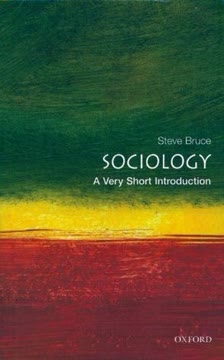
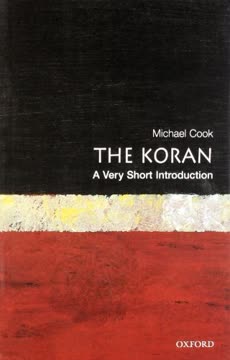
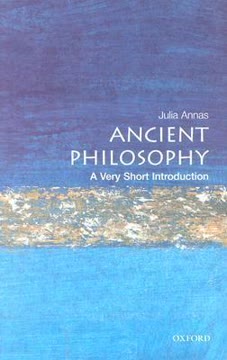
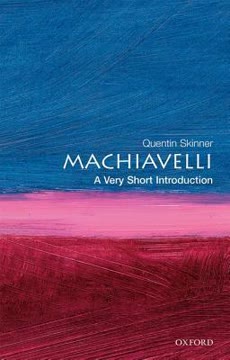
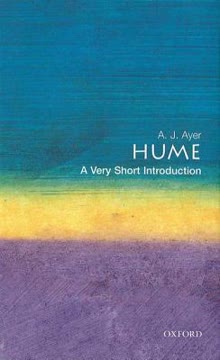

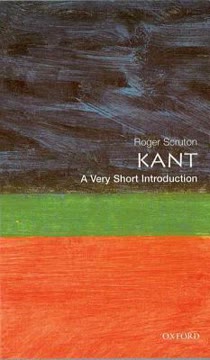
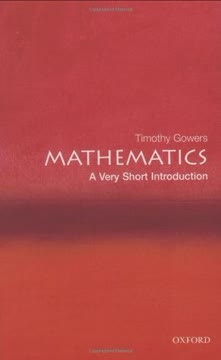
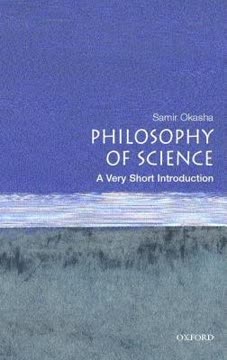
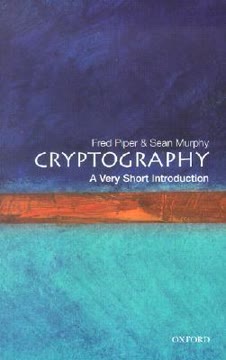
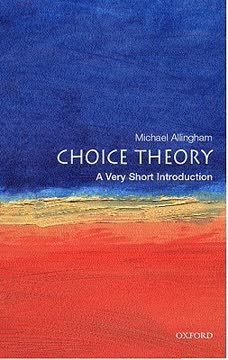
Similar Books
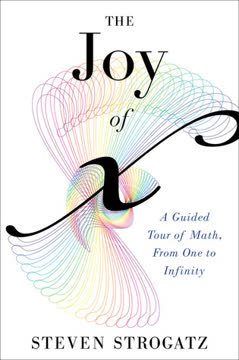
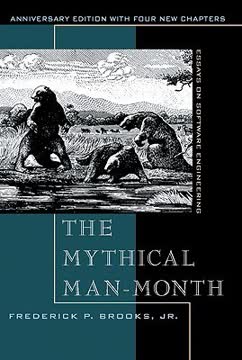
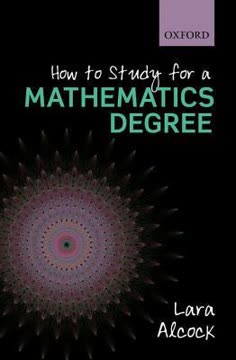
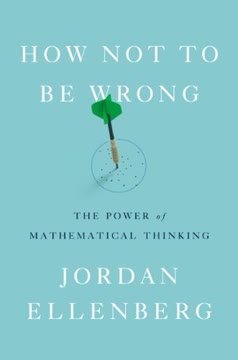
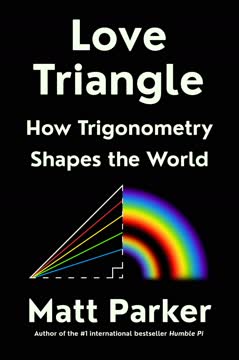
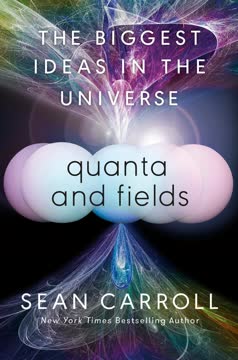

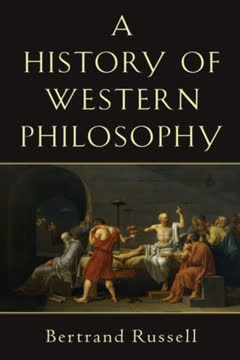
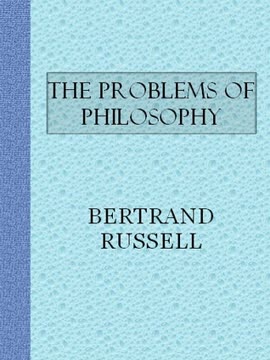
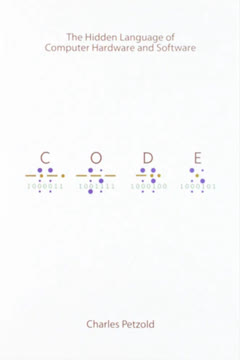
Download PDF
Download EPUB
.epub digital book format is ideal for reading ebooks on phones, tablets, and e-readers.



